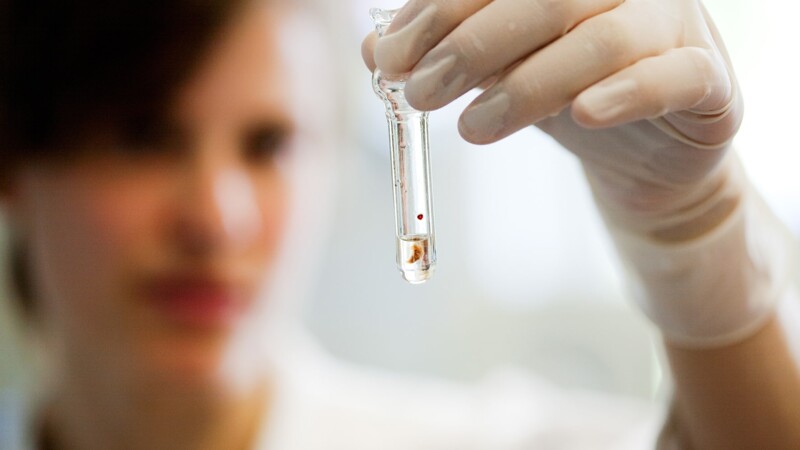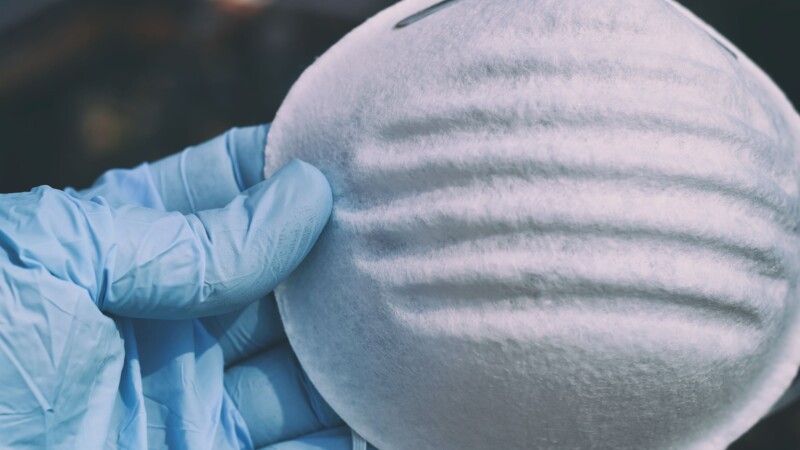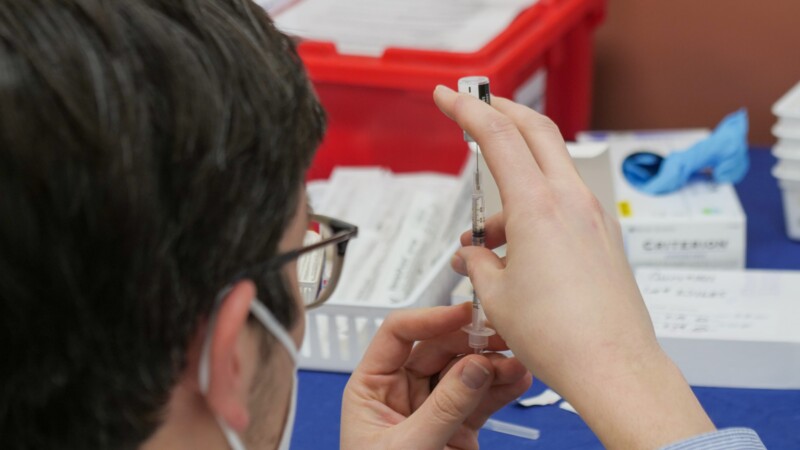Although the autopsies showed that COVID-19 patients still had blood clots in the pulmonary arteries despite the use of anticoagulants, "the statistical analysis showed longer survival times since the change in therapy. This is an important success of the joint research and underlines the importance of forensic medicine for the living. Studies are now needed to compare our results with data from surviving intensive care patients," said Prof. Dr. Benjamin Ondruschka, Director of the Institute of Forensic Medicine.
Autopsies performed last year by the UKE’s Institute of Forensic Medicine indicate that the treatment of COVID-19 patients with anticoagulants is proving successful, a press release said Thursday (February 18, 2021). The coronavirus leads to thromboses as well as pulmonary embolisms in an unusually high number of cases, researchers said in a report published in May 2020. Nationwide guidelines for treating COVID-19 patients were then adapted based on UKE's recommendations and sufferers have been treated with anticoagulants depending on individual risks.
Anticoagulants leading to longer survival
More than 700 deaths examined
Autopsies of 735 SARS-CoV-2 related deaths conducted on behalf of the Ministry of Labor, Health, Social Affairs, Family and Integration identified COVID-19 as the cause of death in 618 cases. Most of those had died of pneumonia or a thrombosis. Around 7 per cent of cases had contracted the SARS-CoV-2 pathogen, but the infection was not the cause of death.
German Research Network Autopsies in Pandemics
Most people who died of COVID-19 had several pre-existing conditions such as high blood pressure, chronic renal failure or chronic obstructive pulmonary disease (COPD). Around 75 per cent of the deceased were over 76 years. The results will be incorporated into the German Research Network Autopsies in Pandemics (DEFEAT PANDEMIcs) managed by UKE and University Hospital RWTH Aachen. The aim is to establish a Germany-wide autopsy network in pandemics and to collect data, biomaterials and make the findings available as swiftly as possible for evaluation.
sb/pb
Sources and further information
More
Similar articles

Hamburg funds early warning system for coronavirus mutations

Closer scrutiny of FFP2 masks in Hamburg

Study indicates impact of pandemic on children and youths
